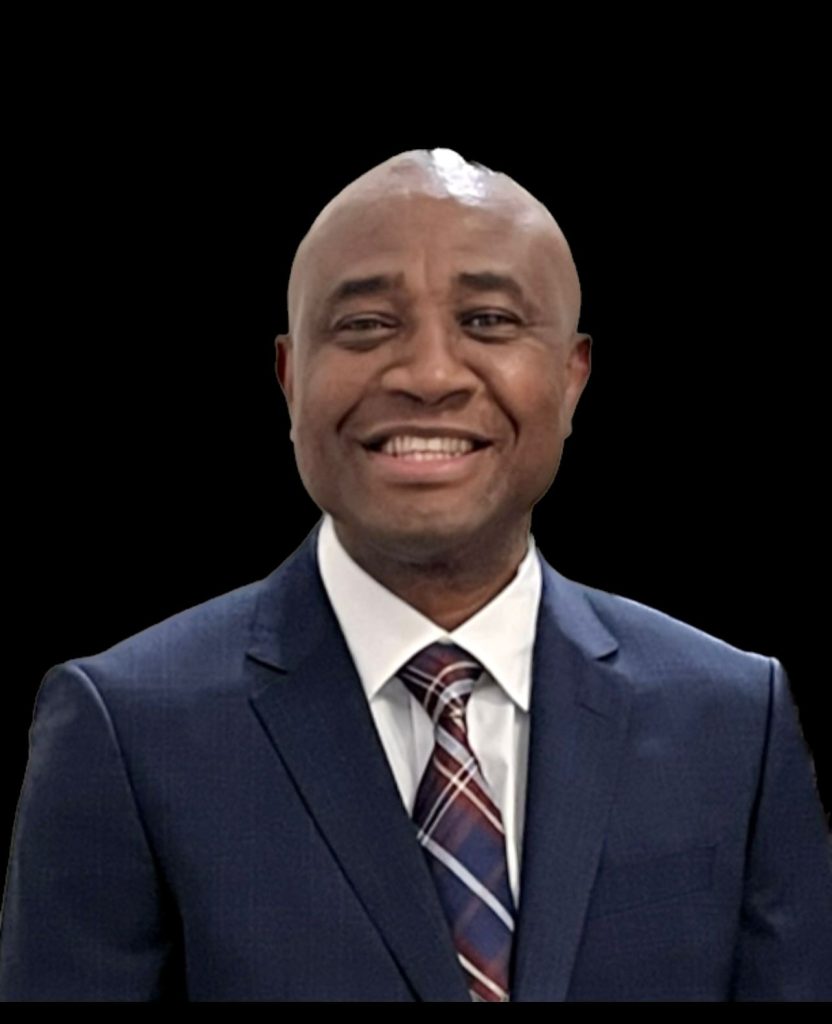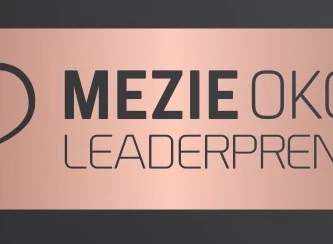The conflict between the human tendency to seek inherent value and meaning in life, and his inability to find any in a purposeless, meaningless, chaotic and irrational universe is described as absurdity. Life sometimes gets in the way of living with such nuances that leave the living confused to the extent that they may start questioning the meaning and purpose of life within their space. You cannot find knowledge in ignorance, wisdom in folly or peace and tranquility in chaos and anarchy.
So if your ‘world’ is purposeless, chaotic or irrational then there has to be a conflict between what you set out to seek and what you find, especially when what you seek is not in the options made available to you, but then there is always the option to choose none. But every choice you make has consequences even if you don’t realize the fact at that time. You are responsible for the choices you make, regardless of what excuses you come up with to exonerate yourself and make yourself look good to yourself.
If a child said his mother would not sleep but he sleeps, wakes up and wonders why his mother is sleeping, isn’t that absurd? If an adult expects to get what he wants, when he wants it and how he wants it regardless of whose feet he steps on to satisfy his selfishness, isn’t that absurd in your world?
Isn’t it absurd when you believe nobody tells you what to do yet you apply to work for somebody? Would you let anybody tell themselves how to work for you? What is the rationality in the attitude that I am mature and I know what I want and I do what I want, yet you obey speed limits and check your speed when you see the police; you make sure your seat belt is on and you pay your bills as they come due? Could it be that you don’t really live in your own world, on your own terms? Isn’t it absurd that you sow corn and go back to harvest millet; you drop out of college and wonder why they don’t give you the diploma; you disrespect your parents and wonder why they kicked you out of their house as soon as they could? Are we not doomed to live in a generation where everybody says they know what they want, and they know what they are doing yet they are doing nothing that looks like people who have a clue? Haven’t we lost our sense of value? Our purpose? Our identity? Are we not victims of our own absurdity conundrum?
What is the meaning of life when you lose your identity and your purpose trying to make a living? In the madness of our unilateral absorption in the pursuit of riches and the despondency in finding relevance, we lose our identity and our meaning, we forget our root and despise our time-tested traditions that have sustained our kind. Isn’t that what is called a clash of cultures and described within cultural identity crises?
Although all human beings are similar in their desire for success and the pursuit of happiness, they are different in what success and happiness mean to them. In different parts of the world and among different groups of people within the same geographical space, these differences in purpose and meaning abound. If you take a white person, a black person, a Hispanic person and an Asian person in Dallas and ask them what is their purpose in life and what does success mean to them within their purpose, you will be surprised how differently they view the world and how they are driven by their different ideologies. Remember, a man goes fast and far in life, not by what he drives but by what drives him. What drives you ?
Even among black people, if you take first generation Nigerian immigrant, an African American and a Haitian American and ask them their purpose and what success means to them in the US, then you will realize how differently they are driven and how their outlook reflects their driver. The same differences exist between men and women of the same extraction. When people get confronted with the same challenges, even if it is ordinary mathematical equation, they think and approach it in different ways. For example, you could solve simultaneous equation, and by extension most of life challenges, by elimination or by substitution. I have a problem when we pretend as if the only way to solve a problem is the one way we know to solve it. Then when our way fails, we blame it on the problem or someone else rather than our approach to it. Isn’t that absurd?
I suggest that we need to reevaluate and redefine our purpose then we can challenge our approach to see how it lines up with the purpose given our background culture. When you lose your culture and forget what makes you different from others, you lose sight of why you do what you do, you become a copycat and in the process you lose your identity. Identity is very important. Your identity is you, period.
If you lose your identity you become lost in this pool of conflicting cultures…I am afraid that most of our African immigrants to the US have become so mingled that they have serious culture and identity crises. If you forget whose you are, you lose your place where you belong. You become like a child who was put up for adoption early so much that he doesn’t know his biological parents….Everyman he sees that looks like him could be his father. Can you imagine that feeling of not knowing whose you are? So can you imagine the impact on children who are fostered from home to home, with conflicts of identity?
I don’t like to differentiate between African-Americans and Africans in America. To a reasonable extent the African-Americans are different from Africans in America with respect to their disposition to the American “dream” and their commitment to motherland. Historically, they came here from Africa but most of them have no idea where exactly their forefathers actually came from, and they have been here so long that they don’t know Africa any more than white people know Africa. So the only country they know and now have is the US, fair enough. Their now adopted culture has been modified over the centuries by the external influences of the world around them. Makes sense?
The first-generation African immigrants came here from cultures that they still relate with and sometimes, hold tenaciously. While we expect them to imbibe the American culture in its entirety, that may be a wild goose chase because they are constantly comparing and contrasting, picking and choosing as well as sieving through myriads of conflicting cultural ideologies of their new country. Some people do better at it, others get swept off their feet, unfortunately. Their children are worse off, they don’t really know if they belong here or there so they have this internal conflict.
One way to make sense of this constant battle of cultures is to keep in mind the purpose of coming here, mindful of your peculiarity and your commitment to motherland. If that purpose is defeated, then the journey becomes meaningless, because in the purpose do you find meaning. But how can we find purpose in a purposeless, chaotic, and uncultured space? Do you know why you are here, why you do what you do and why you don’t do what you don’t do? Otherwise how would you know when your purpose is achieved and what next? You see the conundrum?
Some people can tell you what they are doing, but they have failed to know why they do what they do and how it ties together with their purpose here and there. I am yet to be convinced that people who were born in Africa and managed to come to the US have fulfilled purpose if they have not found out why nature sent them to Africa in the first place. It is good to buy houses, cars, go to work, take vacations but people you left in Africa do the same things too? So what is your purpose? When purpose is not fully known or understood, abuse is inevitable. But abuse can be very expensive, dangerous, and time wasting. May God give us wisdom and understanding
Mezie Okolo is a leadership analyst and a voice from the diaspora @TheRitePlace



